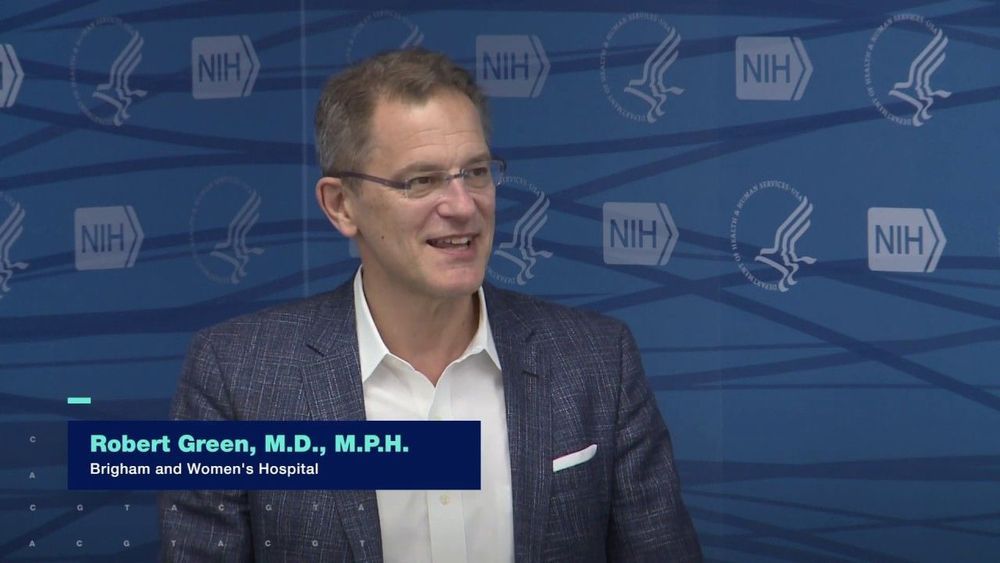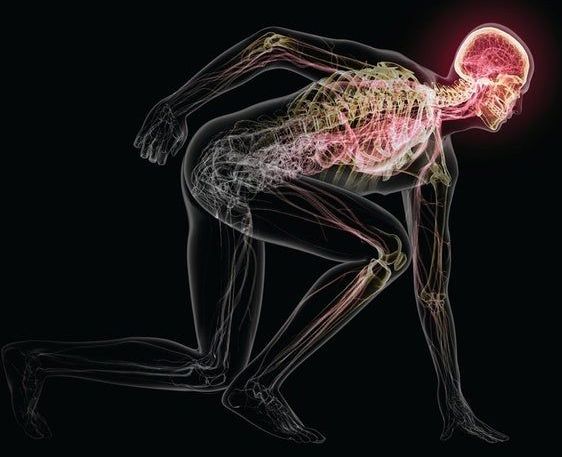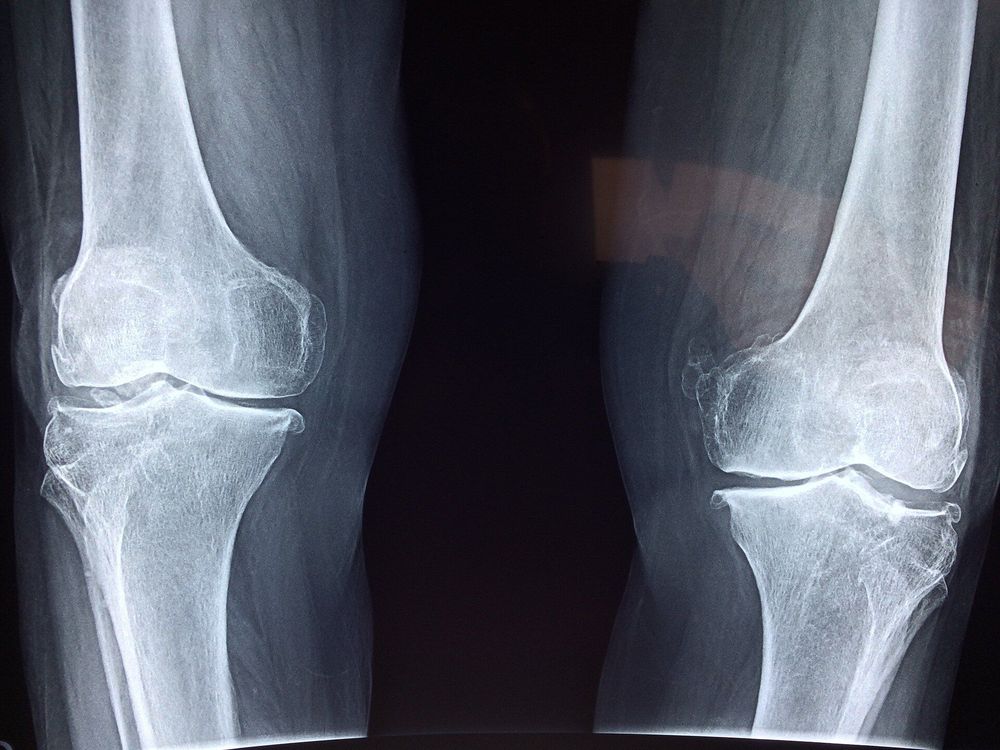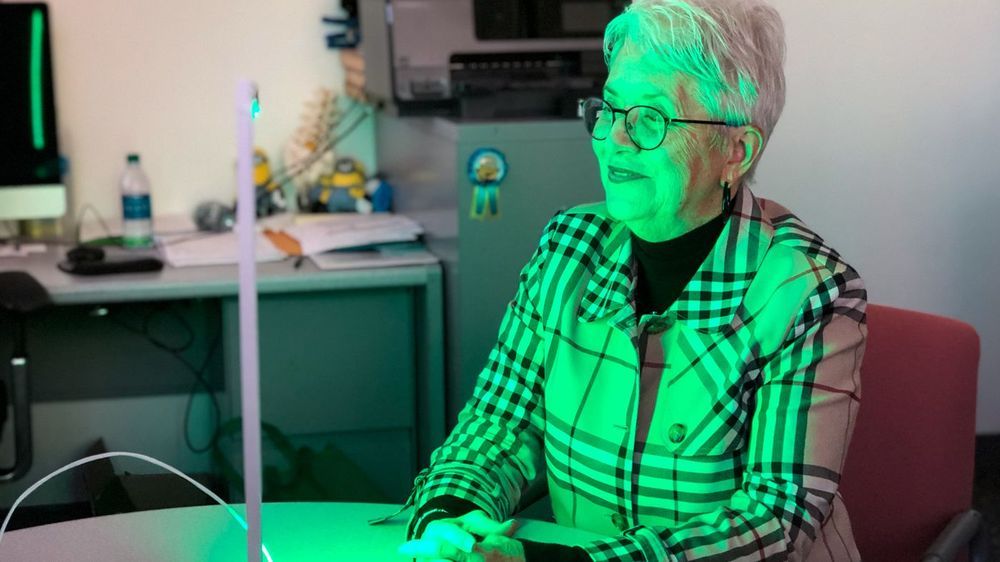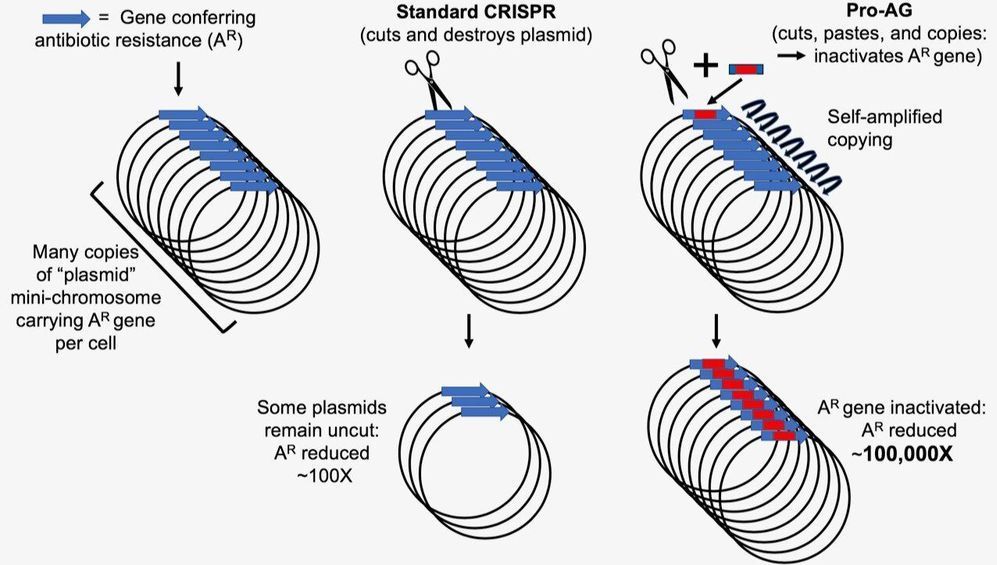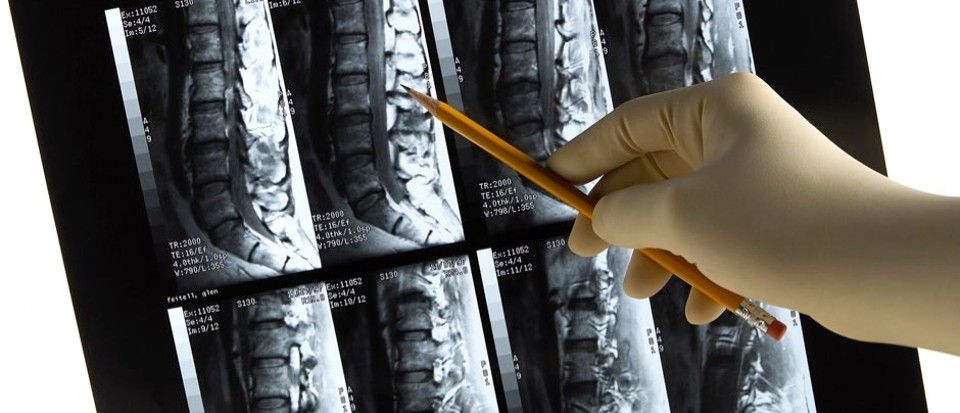The answer is essentially yes … in the short term.
If you’re an apparently healthy person who wants to learn about your genetic disease risks, you can send a saliva sample and a hundred bucks or so to an array-based direct-to-consumer genetic testing company and get some trait information and selected health risks, plus details about your genetic ancestry. But as the direct-to-consumer (DTC) companies themselves will tell you, this is only a fraction of the medical value that may be hidden in your genome. Many of the experts in both ancestry and medical genomics will suggest that since consumer facing genomics are not as comprehensive as those meeting medical standards, it is quite OK for consumers to pay for these products out of their own pockets.
But when it comes to health care, people expect products and services that are medically beneficial to be available to more than just those people who can pay for them. As medical science increasingly demonstrates the life altering value of genomics, the notion that these services must be paid for out of pocket, making it inaccessible to some, does not seem appropriate or fair.
We recently launched the Brigham Preventive Genomics Clinic, the first academic clinic in the world to offer comprehensive, high quality genome sequencing and in-depth interpretation to apparently healthy adults and their children. Over the past two years of planning this clinic, we have struggled with the reality that there is no health insurance coverage for preventive genomic testing, and our patients must therefore pay out of pocket. This is a troubling feature for a clinic at Brigham and Women’s Hospital, which is known for its ties to communities in Boston with diverse ethnic and socioeconomic backgrounds. One must ask: Is a service like this further widening the inequities in our health care system?
